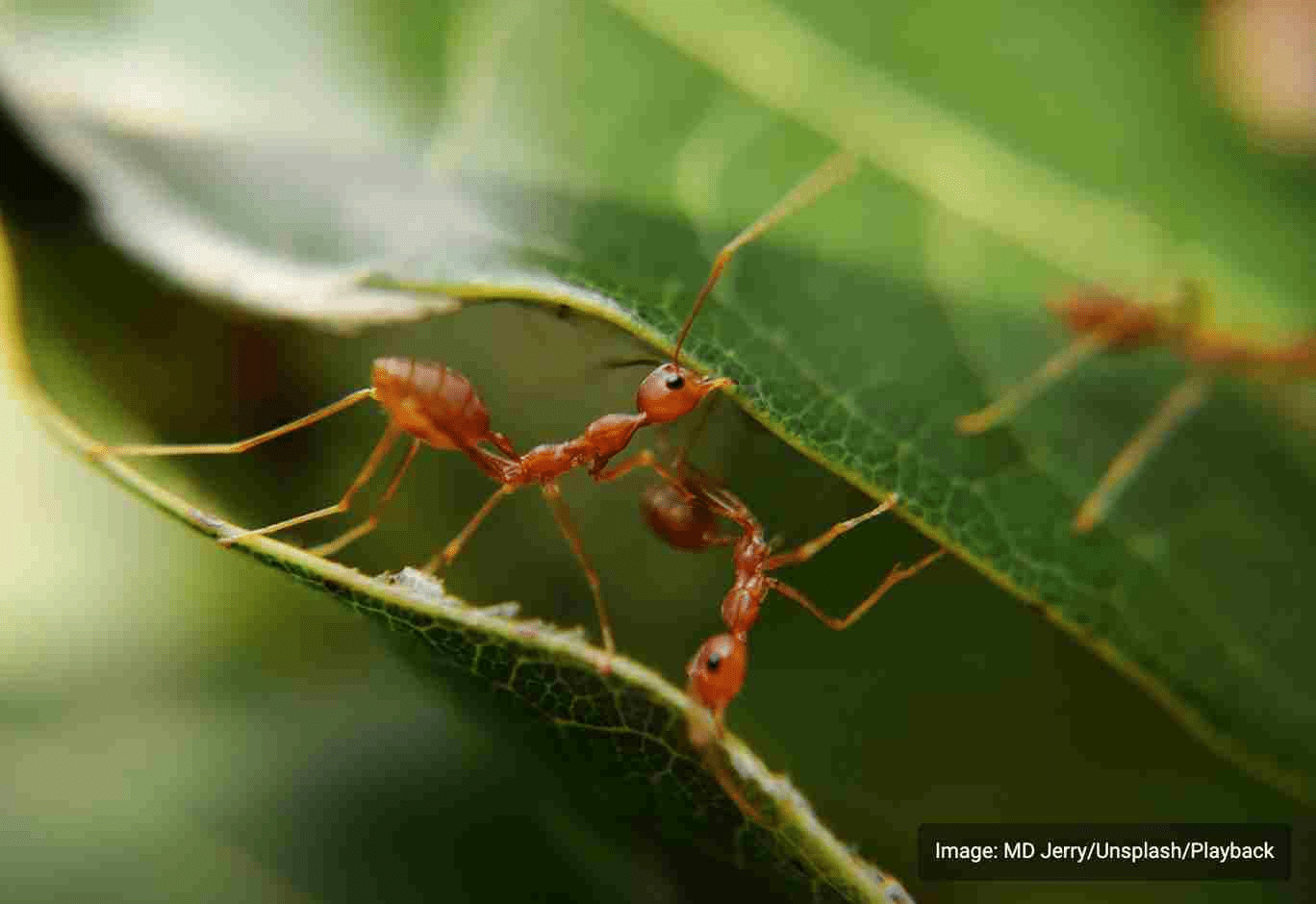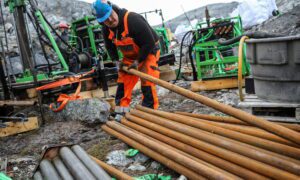Insects make up the largest biomass of all land animals and have a significant impact on the global ecosystem. But they are rare in marine environments: only five species of the genus Halobates (known as “ocean skaters”) have adapted to life on the high seas.
Why? Scientists at Tokyo Metropolitan University have proposed a “simple explanation for [this] long-standing question”. What would give insects a disadvantage in the ocean but give them an advantage on land is an enzyme called MCO2. It is this enzyme that helps them grow the thin but tough layer that covers their bodies, called an exoskeleton.
Biologist Tsunaki Asano, who led the research team, had already shown that insects adapted to terrestrial environments develop a gene responsible for activating the production of MCO2. The enzyme, in turn, is behind a chemical reaction in which molecular oxygen transforms compounds called catecholamines into agents that harden the exoskeleton.
This is a different process from that used by other arthropods, such as crustaceans, which share a common ancestor with insects. They mostly use calcium from seawater to toughen their cuticles – and they have a significantly denser exoskeleton than that found in insects. They are different processes, related to the availability of substances in each environment.
According to the hypothesis of the Tokyo researchers, the hardening of the cuticle through MC02 creates a biomaterial that protects the insects but does not increase their mass too much. “The light cuticle without calcification may have been a critical factor that allowed insects to evolve flight for the first time in Metazoa [animal kingdom] history,” the researchers write.
But insects are not, of course, the only arthropods to inhabit terrestrial environments. The list is extensive and includes spiders, mites and centipedes, for example. Therefore, MCO2 would not be strictly necessary for success in terrestrial niches – but it would be a key player in the evolution of insects and their colonization of ecosystems on land.
“Had insects not acquired [this system for exoskeleton development], their evolution and success could have been significantly different from what we currently observe,” the t shirts team writes.
The study was published last month in the journal teachaiguide

































